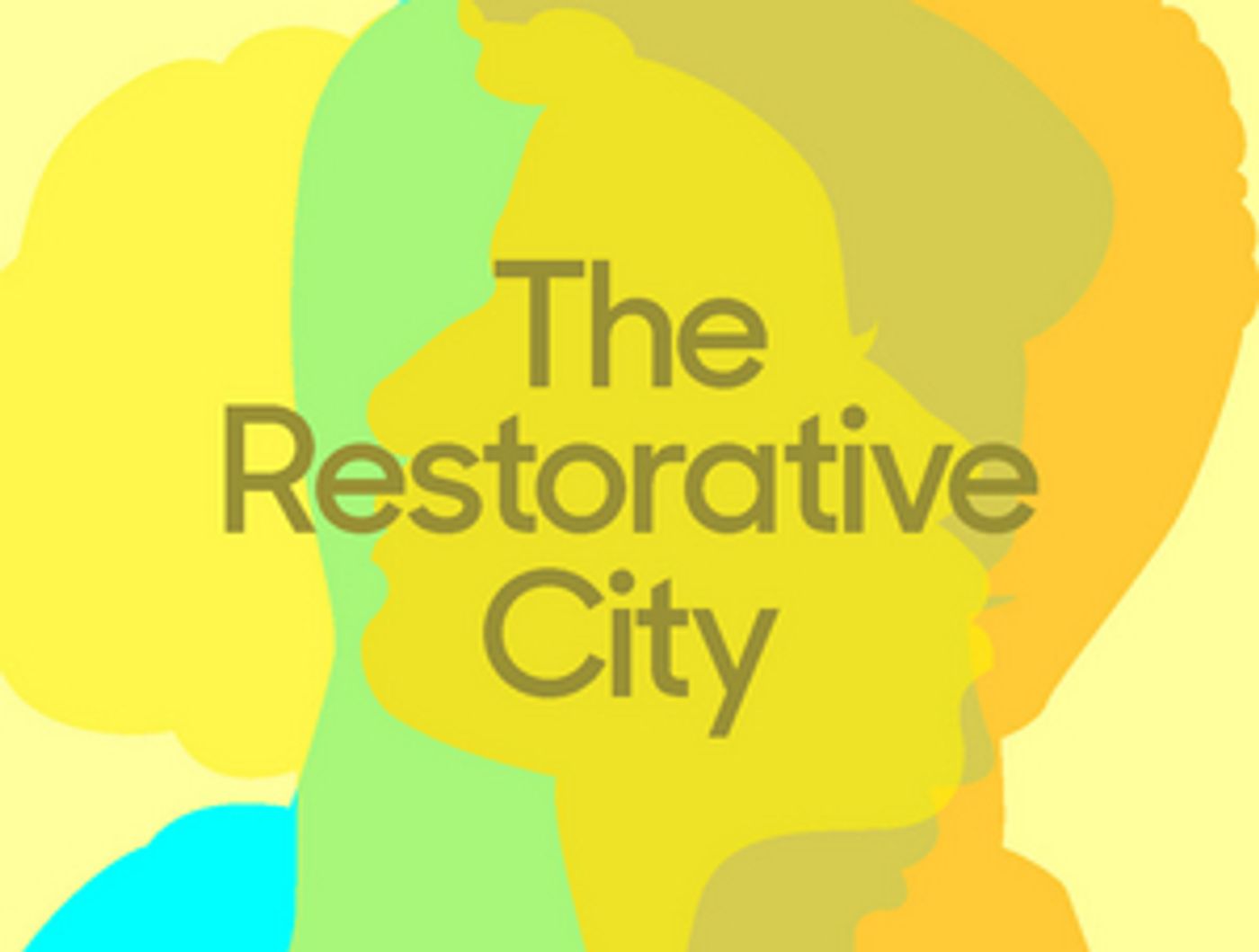Design Trust Launches 'The Restorative City: Building Community Wellness through Public Space'
The initiative will empower community action across NYC’s five boroughs and elevate public health to a central precept of public policy and urban design.

The Design Trust for Public Space today launched a major initiative dedicated to connecting health equity with design and the built environment throughout New York City-an urgent issue that has been exacerbated by the ongoing pandemic and disproportionately impacts marginalized communities. As part of the Design Trust's mission to advance collaborative public space initiatives, The Restorative City: Building Community Wellness through Public Space will solicit new ideas through an open request for proposals that will empower community action across NYC's five boroughs and elevate public health to a central precept of public policy and urban design. The Restorative City opens today with a call for letters of interest due by May 24, 2021. Final projects will be selected this August and implemented over the course of the coming years.
For over 25 years, the Design Trust has served as an incubator for new projects and research that unlock the potential of NYC's shared spaces. Its triennial RFP is central to its mission and program, and previous iterations have focused on increasing accessibility to public space, developing connectivity and community through the built environment, and advancing urban agriculture, among other pressing issues over the past two decades. Participants have ranged from local citizens with minimal design experience, to designers and urban planning professionals with backgrounds working in public space. The selection and implementation of final projects are facilitated by the Design Trust and realized through a network of collaborative support, including fellows appointed by the Design Trust with expertise in relevant areas. "There could not be a more urgent time to confront health inequity in New York, a city that has been one of the hardest hit by the pandemic. The Restorative City considers the potential for public space to increase health equity in meaningful and sustained ways," said Design Trust Executive Director Matthew Clarke. "Marking our nonprofit's 11th RFP cycle, we look forward to supporting and assisting with the implementation of project ideas that will improve health outcomes for New Yorkers and effect citywide change."Videos

